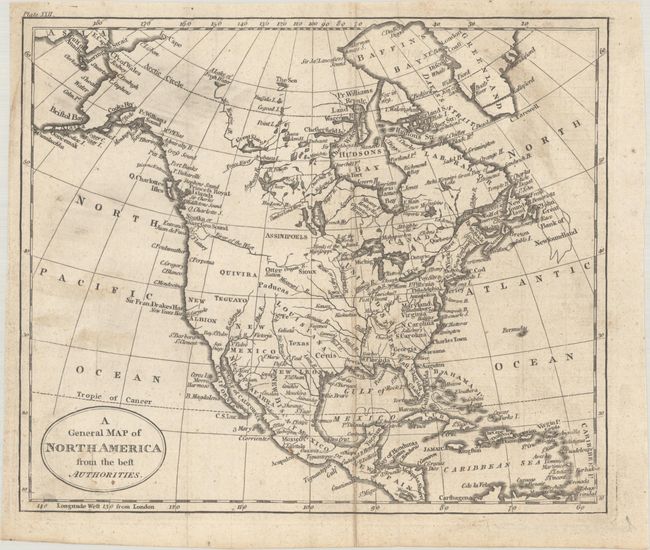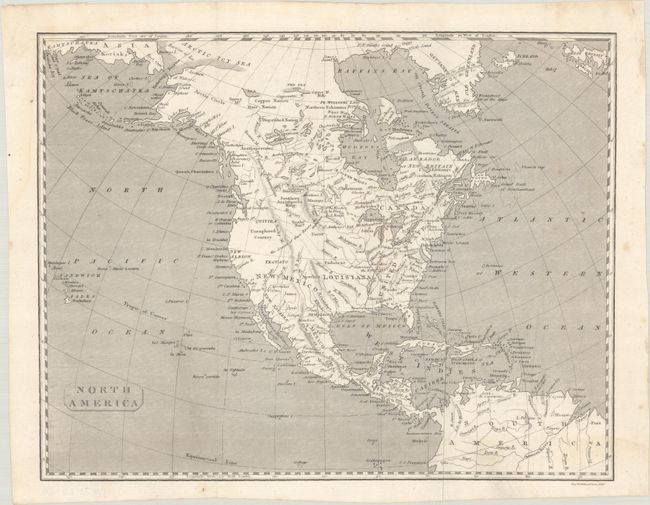Catalog Archive


Auction 199, Lot 77
NO RESERVE
"[Lot of 2] A General Map of North America from the Best Authorities [and] North America"
Subject: North America
Period: 1794-1800 (circa)
Publication:
Color: Black & White
Size:
See Description
Download High Resolution Image
(or just click on image to launch the Zoom viewer)
(or just click on image to launch the Zoom viewer)

